Despite the fact that virtual reality’s growth might be slow, VR is not dead. People are still interested in VR, and new VR technology is still being developed. However, it is true that VR has not become as popular as some people initially thought it would be. It is still a niche technology, and most people do not own a VR headset.
It’s difficult to predict the future of any technology, but it’s fair to say that virtual reality’s popularity has grown modestly since its inception in the early 2010s. While there are some VR enthusiasts who believe technology is the future of entertainment, gaming, and even social interaction, it’s still far from being a mainstream phenomenon.
There are a few reasons why VR isn’t as popular as it could be.
- The cost of VR headsets can be prohibitive for many people.
- Isolating experience, which may not be appealing to everyone.
- A fairly new experience, so there may not be as much content available for people to enjoy.
Despite these potential drawbacks, VR still has a lot of potentials and could become more popular in the future as the technology continues to develop.
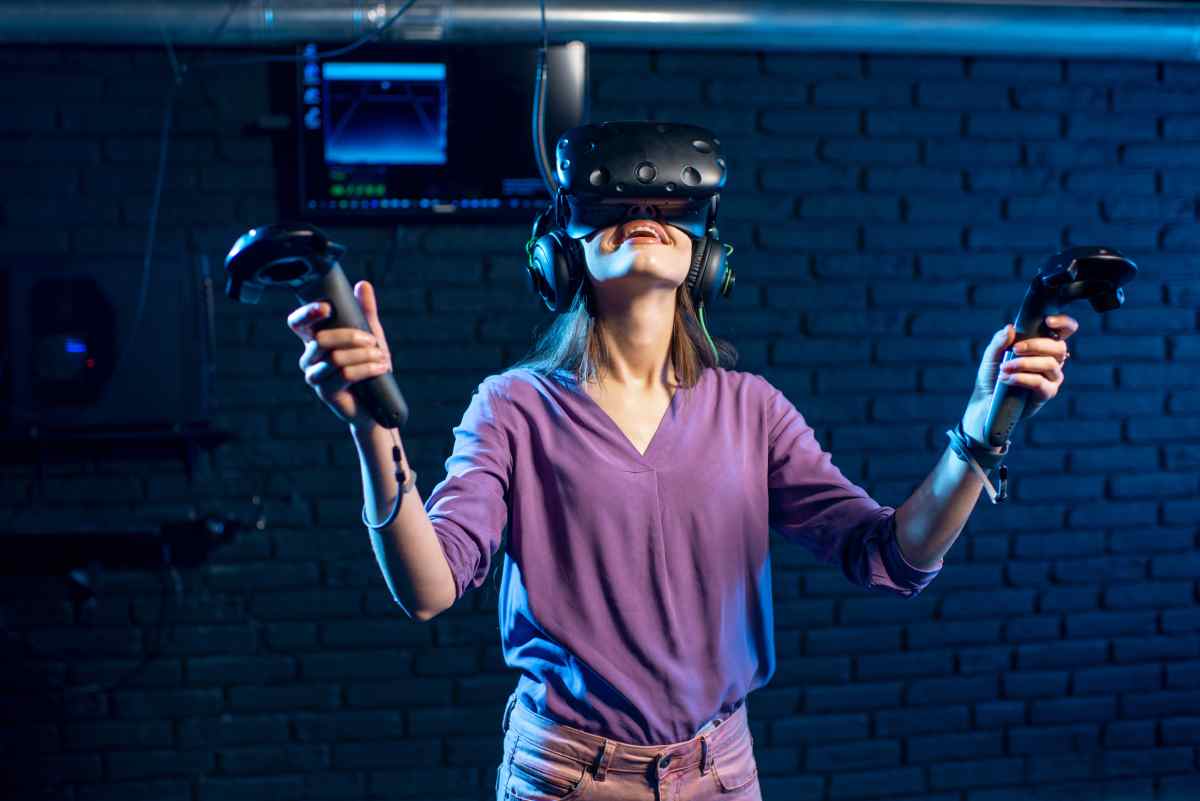
Table of Contents
Is VR Dead?
No, VR is not dead but progressing at a moderate scale in current and upcoming industries. The current state of virtual reality technology is not where it needs to be a widely used technology.
The industry is continuing to work on developing the technology and making it more accessible to consumers.
Some examples of where VR is being used or developed for use include:
- Video gaming
- Entertainment
- Healthcare
- Training and simulation
- Retail
Some people believe that the future of gaming lies in virtual reality. To further define the use cases of VR in revolutionizing our current and upcoming industries, I have created some modern use cases for VR.
Table of Contents
Modern Applications of VR (Virtual Reality)
1. Use of VR in the Gaming Industry
Virtual reality is increasingly being used in the gaming industry to create more immersive and realistic gaming experiences. Gaming companies are using virtual reality to create new games as well as to enhance existing ones.
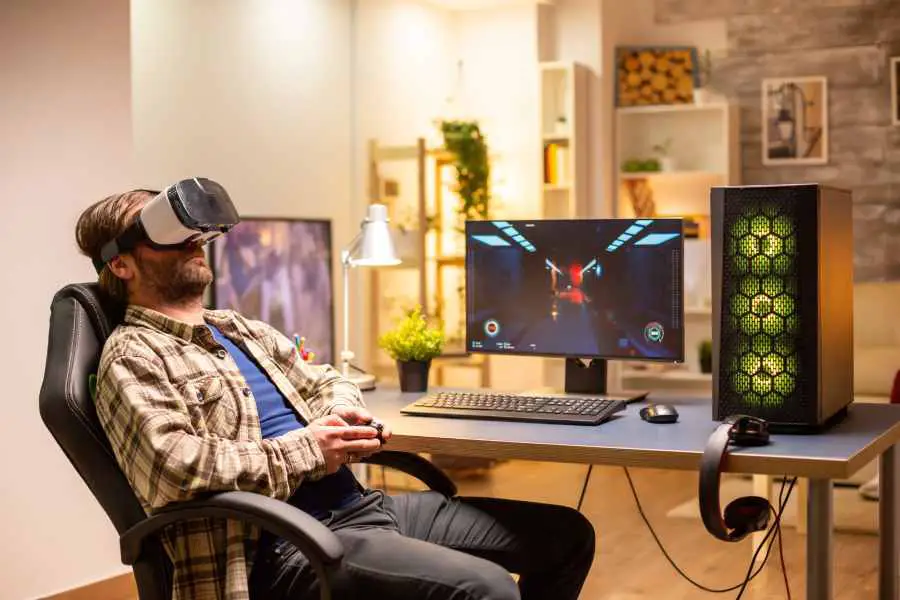
For example, the popular video game Minecraft has been ported to virtual reality, allowing players to explore the game world in a more immersive way.
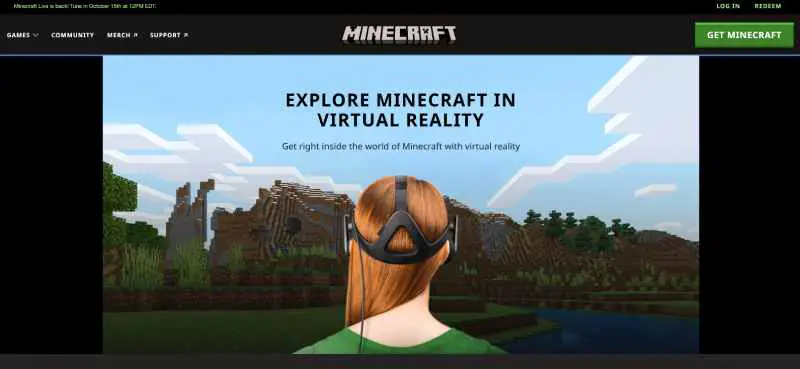
Other games such as Doom and Fallout 4 have also been adapted for virtual reality, and there are many more in development.
Virtual reality is also being used to create new kinds of gaming experiences that are not possible with traditional gaming platforms. For example, the virtual reality game Birdly allows players to fly like a bird through a virtual cityscape.
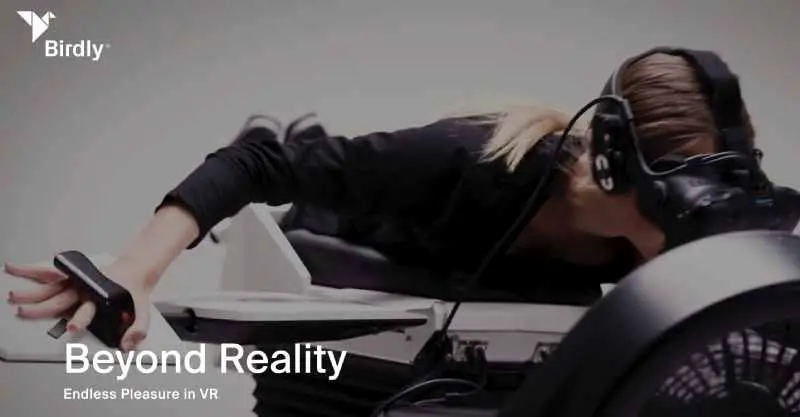
2. Use of VR in Metaverse
There are many potential uses for VR in the metaverse. For example, VR could be used to create virtual worlds that are identical or similar to our own worlds.
VR could be used to create totally new and unique virtual worlds.
In either case, VR would allow users to explore these worlds in a completely immersive way.
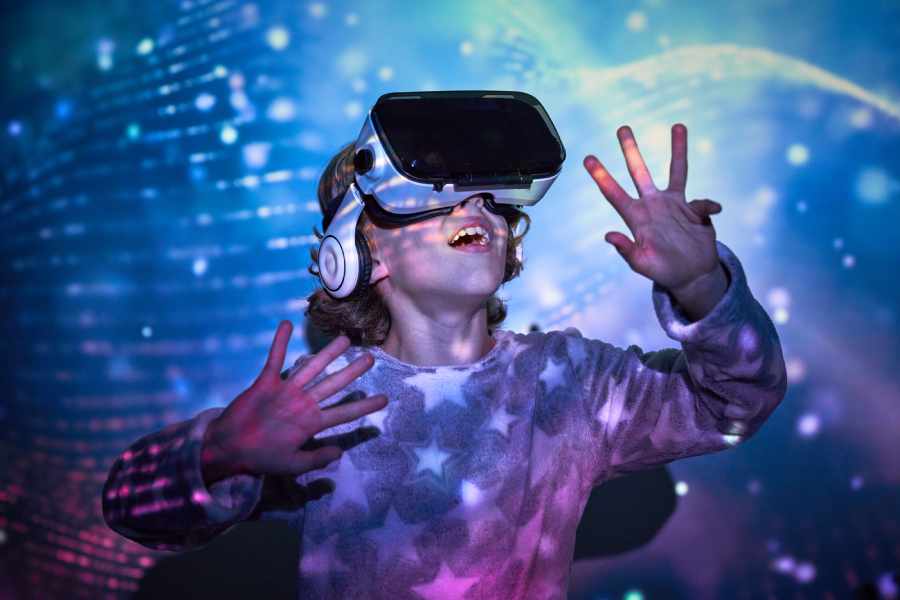
Additionally, VR could be used to create social spaces within the metaverse where users could interact with each other in real-time.
3. Use of VR for the Hospitality Industry:
There are a number of ways in which virtual reality (VR) can be used to improve the hospitality industry.
For example, VR can be used to create virtual hotel rooms or tour destinations, which can help potential customers to get a better sense of what to expect from a particular location.
VR can be used to provide training for hospitality staff, such as in customer service or safety procedures.
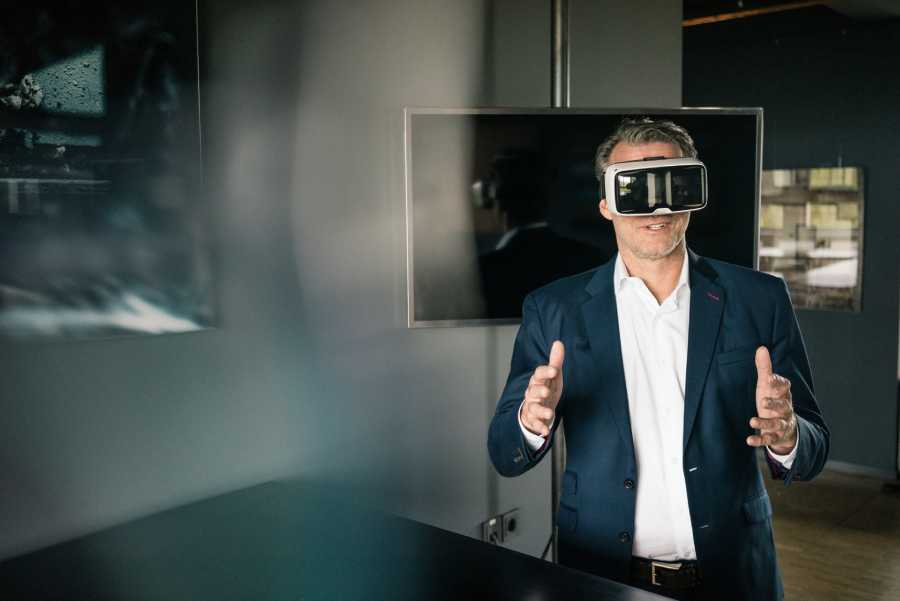
VR can be used to create immersive and interactive marketing campaigns that can help to promote a hospitality brand or business.
4. Use of VR in the Educational Sector:
One of the main benefits of using VR in the education sector is that it can provide students with an immersive learning experience. This means that students can be completely immersed in the content they are trying to learn, which can help them to retain information more effectively.
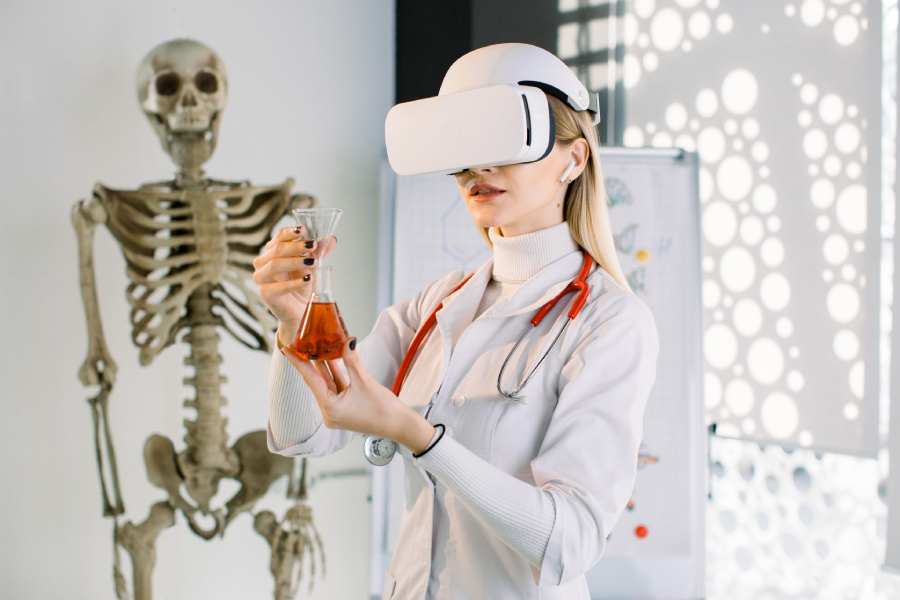
Additionally, VR can help to create more engaging and interactive learning experiences. This can be particularly beneficial for students who are struggling to pay attention in traditional classrooms.
VR can be used to create virtual field trips, which can allow students to explore different places without having to physically travel there.
5. Use of Virtual Reality in the Entertainment Industry:
Virtual reality is becoming increasingly popular in the entertainment industry. There are a number of ways that virtual reality can be used to entertain people.
For example, virtual reality can be used to create immersive experiences that allow people to feel as if they are inside a movie or video game.
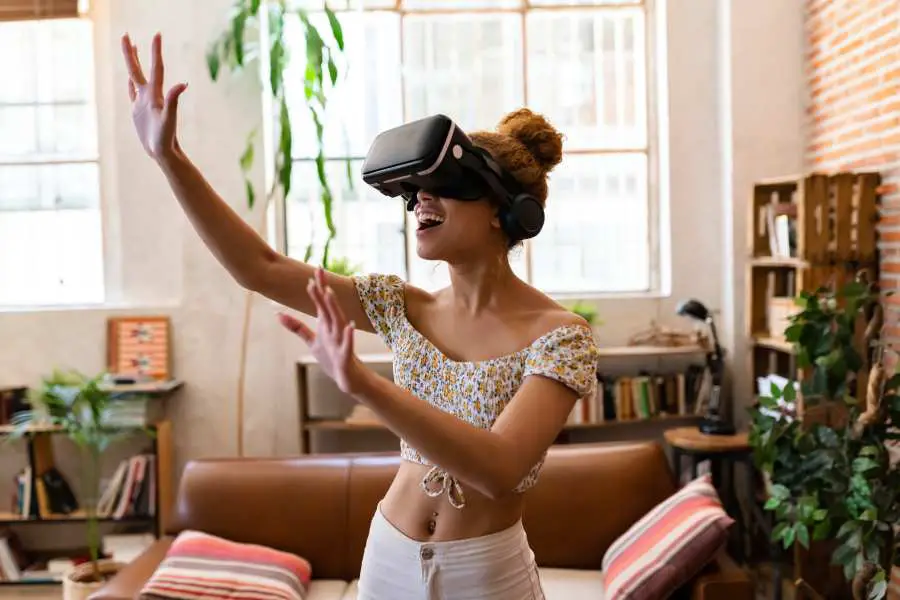
Virtual reality can be used to create amusement park rides and other attractions. There are a number of different companies that are working on virtual reality technology.
One of the companies that are working on virtual reality technology is Oculus VR. Oculus VR is a company that is owned by Facebook. Facebook acquired Oculus VR in 2014 for $2 billion. Oculus VR is best known for creating the Oculus Rift, a virtual reality headset.
Another company that is working on virtual reality technology is HTC. HTC is a Taiwanese company that is best known for its smartphones. However, HTC is also working on the HTC Vive, a virtual reality headset that is similar to the Oculus Rift.
The use of virtual reality in the entertainment industry is still in its early stages. However, there are a number of different companies that are working on virtual reality technology. It is likely that virtual reality will become more popular in the entertainment industry in the future.
6. Use of Virtual Reality Real Estate Industry:
There are many potential uses for virtual reality in the real estate industry. VR could be used to give potential buyers a realistic tour of a property before they decide to purchase it. VR could also be used to help sellers market their properties more effectively.
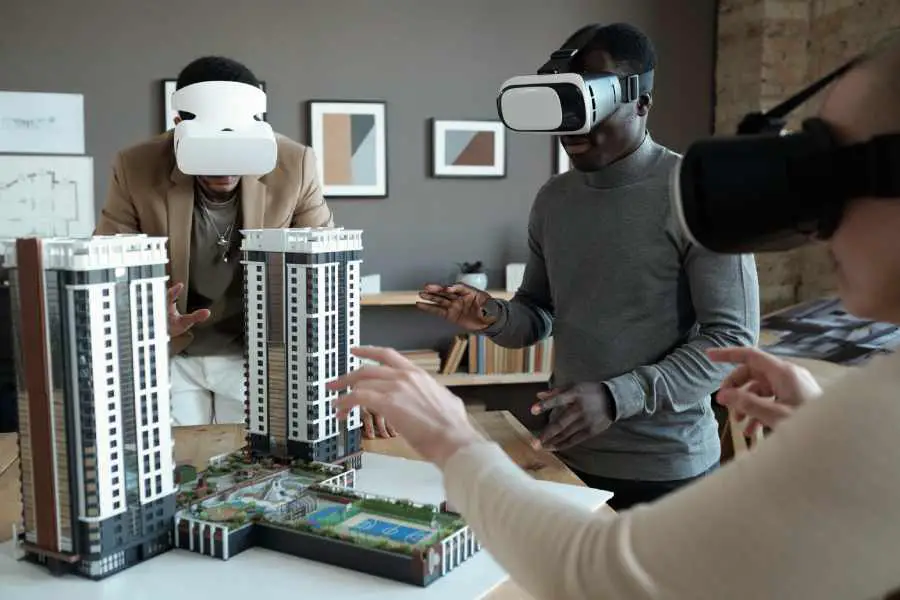
VR could be used by real estate agents to help their clients visualize properties that they are interested in buying or selling.
Some real estate companies are already using VR to give potential buyers a realistic tour of a property before they decide to purchase it.
VR could be used by real estate agents to help their clients visualize properties that they are interested in buying or selling.
Potential benefits of using VR in the real estate industry include:
1. Increased accuracy in property listings: With virtual reality, property listings can be made more accurate. This is because potential buyers will be able to take a realistic tour of the property before they make a decision.
2. Improved marketing of properties: Virtual reality can be used to create more engaging and realistic marketing content for properties. This could help to increase interest in a property and result in more sales.
3. Enhanced customer experience: Giving potential buyers a realistic tour of a property before they purchase it can help to improve the customer experience. This could lead to more satisfied customers and repeat business.
4. Increased efficiency for real estate agents: Real estate agents can use virtual reality to show multiple properties to their clients without having to physically visit each one. This could save a lot of time and make the agent’s job more efficient.
FAQs on VR
Do you believe VR will die soon?
No, I do not believe VR will die soon. VR has a lot of potentials and it is still in its early stages. There are many new and innovative VR products and experiences being developed, and I think VR will continue to grow in popularity.
Do you think VR is a passing fad?
No, I do not think VR is a passing fad. VR has a lot of potential that haven’t come to the limelight yet. There are new VR products and experiences being developed, and eventually, VR will continue to grow in popularity.
Do you think VR is ready for the mainstream?
Yes, I think VR is ready for the mainstream. VR has come a long way and there are many great products and experiences available. I think VR will continue to grow in popularity and become more mainstream in the coming years.

